The Research Behind Kindergarten Readiness
Research shows that an emphasis on supporting both academic and social-emotional skills is essential for children’s success in school and life.
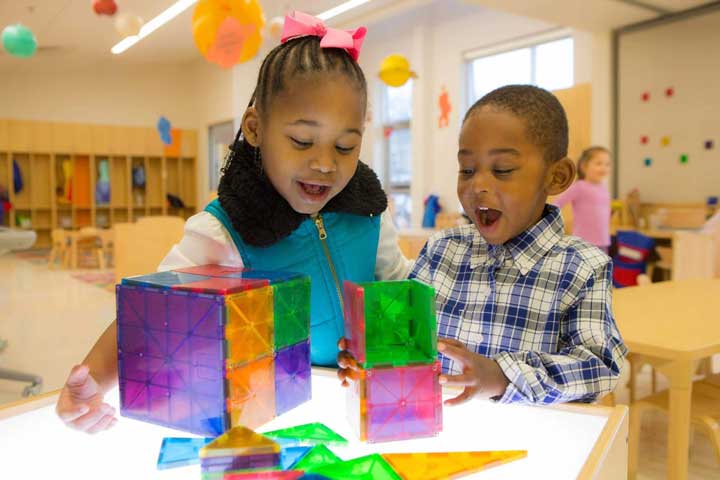
Expanding Virginia's Approach to Understanding Readiness
Now more than ever, research in the areas of early childhood and elementary education shows that high-quality learning experiences that support academic social-emotional skills are critically important for young children.
While Virginia has been successfully measuring children’s literacy readiness for many years using the Phonological Awareness Literacy Screening (PALS), the Virginia Kindergarten Readiness Program (VKRP) expanded that focus to include assessments of children’s mathematics, self-regulation, social skills and mental health well-being. Twenty-nine states in the US, including Virginia, currently require kindergarten entry assessments, and 16 states and the District of Columbia statues and codes specify administering school readiness assessments.
VKRP data has highlighted the importance of pre-kindergarten programs and has shown that children who attend pre-kindergarten are more likely to be ready for kindergarten. Beginning in the fall of 2021, VKRP expanded to publicly supported pre-kindergarten classrooms in order to understand and support students’ skills earlier and understand development over time.
A Focus on Four Critical Areas
VKRP places an equal emphasis on understanding children’s school readiness across key areas, representing both academic and non-academic skills that are important for school and life.
Mathematics
Pre-kindergarten and kindergarten are ideal settings for the development of foundational mathematics knowledge and skills. In fact, a child’s early understanding of mathematical concepts is one of the strongest predictors of later academic success. Despite these known benefits, early exposure to mathematics concepts such as numeracy, operations, geometry, and patterning varies widely among children as they enter kindergarten. For example, large-scale national studies show that only 8% of the preschool classroom day is spent on math.
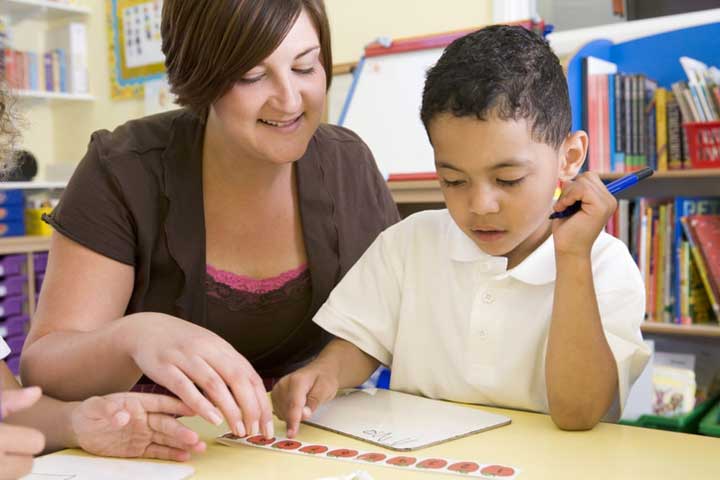
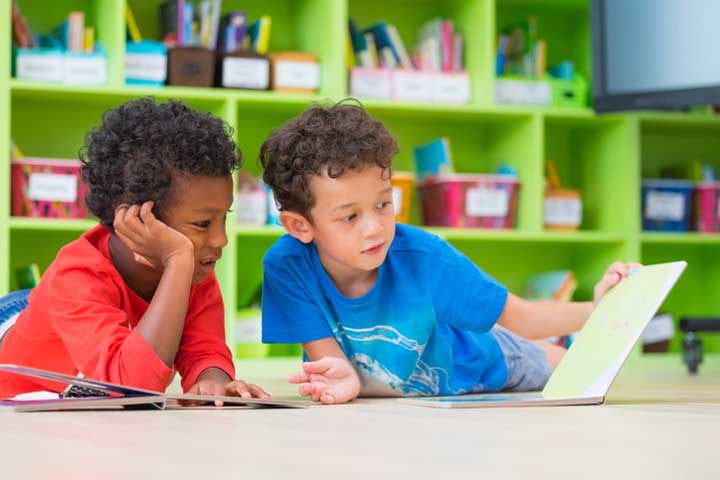
Literacy
Early literacy skills are crucial for later reading success. In early childhood, children are learning about letters, sounds, print concepts, and building their phonological awareness. These are essential building blocks for learning to read. VKRP includes the Virginia Literacy Partnerships’ (VLP) screeners as an assessment of children’s early literacy and language skills.
Self-Regulation
Self-regulation, the skill to manage one’s own attention, emotions, and behaviors, is a foundational aspect of a child’s development. Children who are able to regulate themselves more successfully perform better in school – both academically and socially. In early childhood, a child’s ability to regulate is first guided by external regulation, such as a teacher providing cues and prompts to help a student remember what to do. Over time, through ongoing practice, children begin to internalize these skills, learning how to stay focused and to persist during challenging tasks.
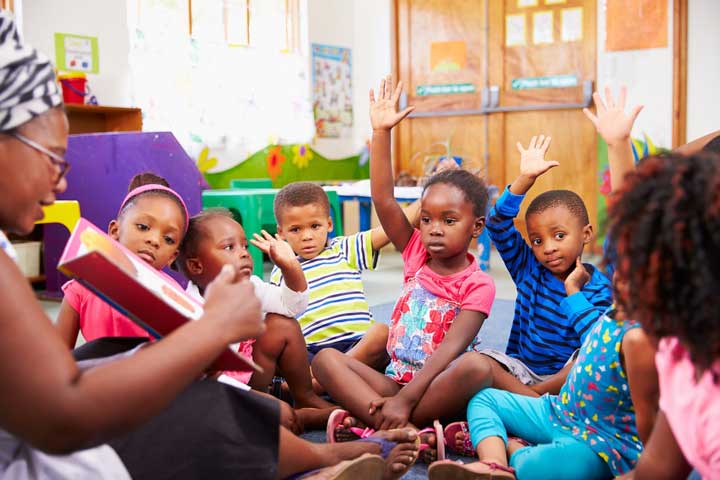
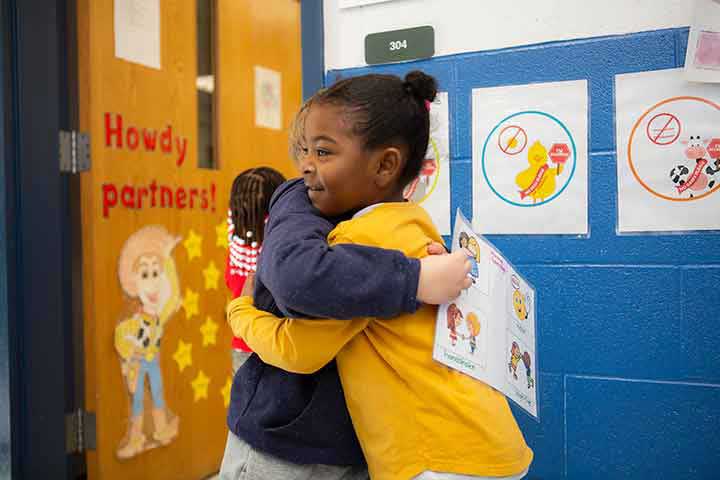
Social Skills
Children’s social skills, including their ability to cooperate and form relationships with adults and peers, are a cornerstone to their well-being, learning, and success in school. Students rely on their teachers and other adults to help navigate the demands of school. Students often need to share and cooperate with each other as they engage in learning activities, and young students often need teacher support to do this.

